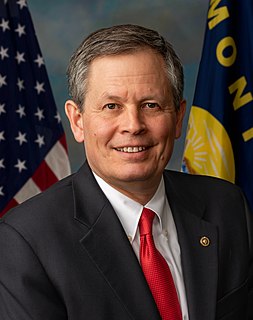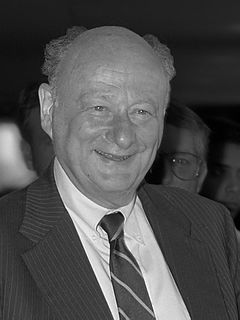A Quote by Crispin Sartwell
Whether children have first amendment rights is a vexed legal question, but what is not in question is that they someday will. Constraining them from expressing their views is no preparation for exercising those rights.
Related Quotes
I would rather people not smoke. I certainly appreciate the fact that smoking is not legal in restaurants and bars. That used to stop me from going out at night because you'd go someplace and your clothes would reek and you wouldn't enjoy the experience and that affects your rights. It's always a question. Whenever you are talking about these issues, it's not a question of restricting rights. It's a question of restricting whose rights, and providing for whose rights and that's a tricky balance.
There is no question that under the Equal Rights Amendment there will be debates at times, indecision at times, litigation at times. Has anyone proposed that we rescind the First Amendment on free speech because there is too much litigation over it? Has anyone suggested the same for the Fourteenth Amendment I don't suppose there has ever been a constitutional amendment with so much litigation?
The Declaration of Independence was to set forth the moral justification of a rebellion against a long-recognized political tradition - the divine right of kings. At issue was the fundamental question of whether men's rights were God-given or whether these rights were to be dispensed by governments to their subjects. This document proclaimed that all men have certain inalienable rights. In other words, these rights came from God.
There is this fashionable progressive notion that everything is so completely political that the idea we could have some sort of neutral legal process is practically utopian - because we all know that the more money you have, the more rights you can exercise in this society. But I don't think that you deal with income inequality by limiting the First Amendment rights of affluent people. I'd rather see people screw around with the tax code to redistribute wealth a little bit than screw around with the First Amendment.
US law and international human rights law have radically diverged in the past years in terms of the recognition of indigenous people's rights. International human rights law now looks at not whether or not the tribes have formal ownership or legal title in a Western legal conception might have it, but rather they look at the tribe's historical connection to that land.
Then President [Barack] Obama went on to argue that a citizen`s Second Amendment rights can be restricted without being infringed, just like any other rights. There are limits on your free speech and on your right to privacy. But he also made another nuanced Constitutional argument, that the rights enshrined in the Second Amendment must be balanced alongside the others rights guaranteed by the Constitution.









































